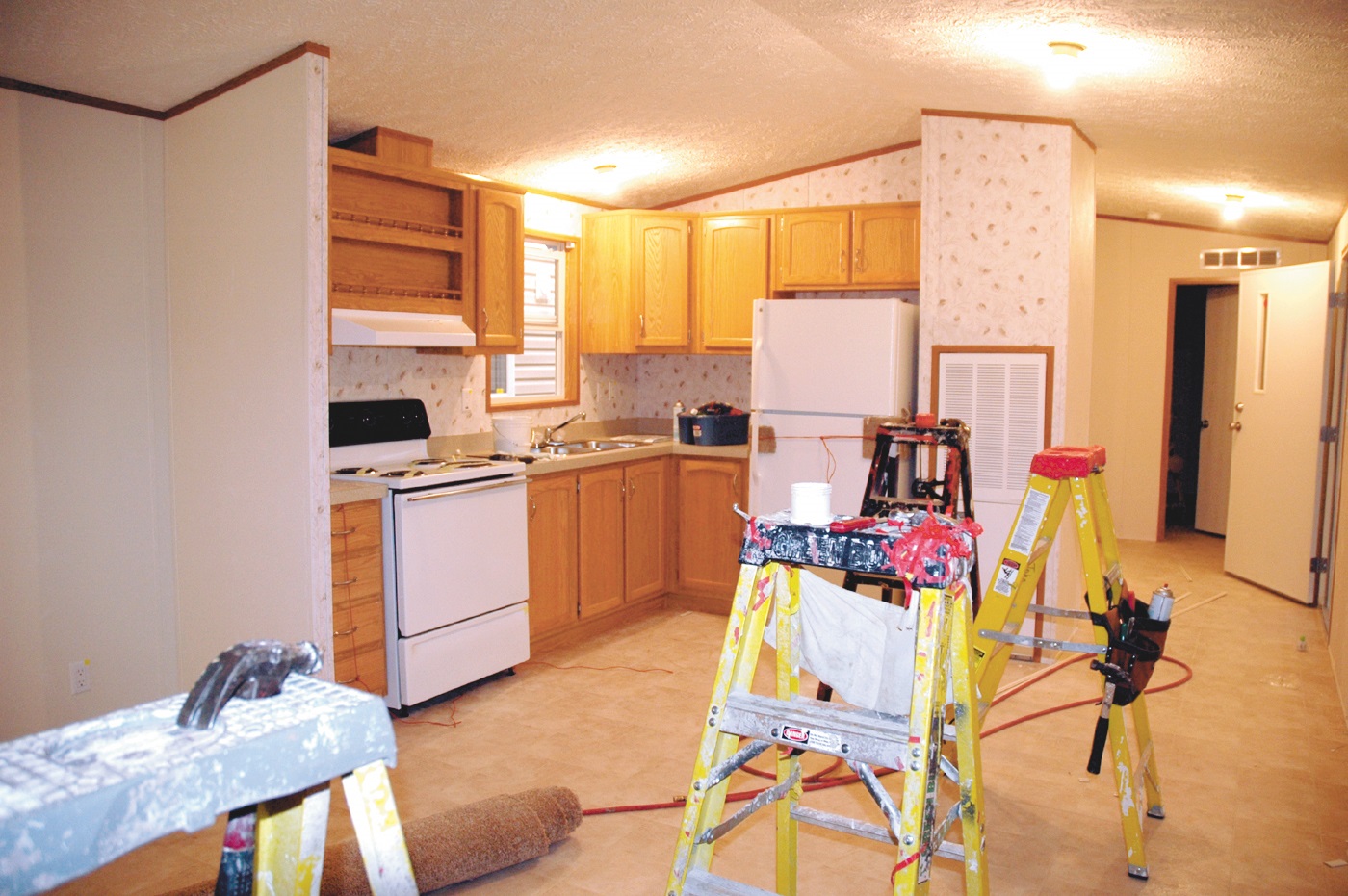Ruth Saldanha: Real Estate sales in Canada are booming and as a result, prices are being pushed higher. According to the Canadian Real Estate Association, price growth was much stronger in Ontario and Quebec, while Western Canada still dragged. For many Canadians, homeownership is still a major desire. And for many retirees, their home is the single largest asset that they own. For those who can't afford to buy investment properties though, at these prices, does it even make sense to invest in Canadian real estate? With me to discuss this is John Pasalis, President of Realosophy.
John, thank you so much for being here today.
John Pasalis: Good to be here.
Saldanha: Some people say that prices in Canada will never fall. And even if they do, they'll quickly recover. Does this make sense at all?
Pasalis: I mean, I think, it can, and it cannot make sense. I mean, it really depends on what's happening. So, I think one argument for this, in the context of some of the bigger cities like Toronto, is that we did have a rapid acceleration in 2017, prices ended up falling and have quickly recovered. You know, we hit this soft landing. But the question is, if there is a decline tomorrow, what drives it and is it going to be a soft landing again? And of course, that we don't know. I mean, two years ago, it was really a suburban detached home speculative bubble that we saw. And if we see something similar, but in downtown Toronto condos, we might be a little bit harder hit. So, it's really hard to say what might unfold, I think the key is just to kind of keep an eye on all the potential vulnerabilities and risks and then assess those as the market starts turning.
Saldanha: Last year, there was a fear that interest rates would rise, leading to a short-term price correction. However, that prediction has moved the other way. And now in 2020, we are expecting rate cuts. Do you think prices will now go higher because of that?
Pasalis: No. I mean, I don't think the interest rates are going to have a huge impact in the year ahead. I mean, the biggest factor, especially Bank of Canada rates, I mean, the biggest factor that has been helping the housing market right now is that five-year rates have been quite low. And that has really helped sort of the affordability sides, and particularly with homebuyers, I mean, and of course with investors, because it lowers their cost of funds, so that's really helped the market quite a bit. And I don't see that changing very much in the year ahead.
Saldanha: A couple of factors that we also want to talk about is increased household indebtedness, and perhaps even a higher speculative tax on foreign buyers. Do you think this will help prices cool a little?
Pasalis: I mean, the high household indebtedness certainly is sort of a – more of a vulnerability for the market if we start to see a decline. Sort of the speculation tax that has been proposed by the federal government, the new Liberal government, certainly might cool the markets in particular in areas like Toronto. I mean, we saw what that speculation tax has done in areas like BC where the provincial government has applied that, the Trudeau government is looking at modeling theirs after that. And certainly, if they set it up in such a way that it actually has an impact, and it really targets sort of these types of investors, we might see a bit of a cooling in the market.
Saldanha: Some markets like Ontario, for example, have recently introduced regulations on short-term rentals. Now short-term rentals were a major source of income for investment properties. Do you think this is likely to reduce the attractiveness of real estate as an investment, especially in the short term in these markets?
Pasalis: Yeah, I mean, it can definitely have a pretty big impact on the condo market downtown. And again, part of this has to do with what the city does to actually enforce these new rules. So, if they are aggressive in enforcing them, sure, I mean, one of two things are going to happen, we're going to start to see an increase in inventory into the rental market because many of these people who had short-term rentals might just stop to just rent them to regular tenants. We also might see an increase in sales as some of these investors decide to cash out and sell their units. So, we definitely start seeing that type of behaviour happening.
Saldanha: Speaking of preconstruction condos, earlier, you could get these at a discount, but now the future value is being baked in and preconstruction condos are much more expensive. At these prices, does it even make sense for buyers to consider them?
Pasalis: Yeah, I mean, that's a great question. I mean, the premium that preconstruction condo investors are paying today is significantly higher than it has been in the past and also anywhere from 30% to 40%. And certainly, it kind of does not really make much sense because you're basically paying a significant premium over resale. And again, the rationale with a lot of these investors is that, you know, they're just going to park their money, prices will keep going up, they don't have to worry about stress test, they don't have to worry about tenants, they don't have to worry about all of that stuff. They just put down the $100,000 deposit and they'll double their money in five years. And that's really what's driving preconstruction sales. And of course, the risk is, what if resale prices don't catch up to the prices that investors are paying? And then, the one risk, of course, is that all these investors actually are going to close on their units when resale prices end up being a lot lower than what they actually pay for their units.
Saldanha: Where do you see pockets of value right now from an investment standpoint?
Pasalis: The pockets of value, I mean, it's really tough in the GTA because prices are so high, right? Even with rents in the condo market high, sale prices are quite high. So, it's not like you're making a great return on them. I'd say the biggest thing pockets are probably properties that people create value out of, so perhaps properties that are not originally investment properties, they convert them into investment properties through renovations. And they end up getting a decent cap rate out of them. But that's sort of a combination of, obviously, putting in capital to renovate a property, and then sort of getting those benefits after and I find that's kind of the only place is you're making and creating value, rather than just finding value on the market because it's really tough to do that right now.
Saldanha: Thank you so much for joining us today, John.
Pasalis: Yeah. Good to be here.
Saldanha: For Morningstar, I'm Ruth Saldanha.









:quality(80)/cloudfront-us-east-1.images.arcpublishing.com/morningstar/54RIEB5NTVG73FNGCTH6TGQMWU.png)








